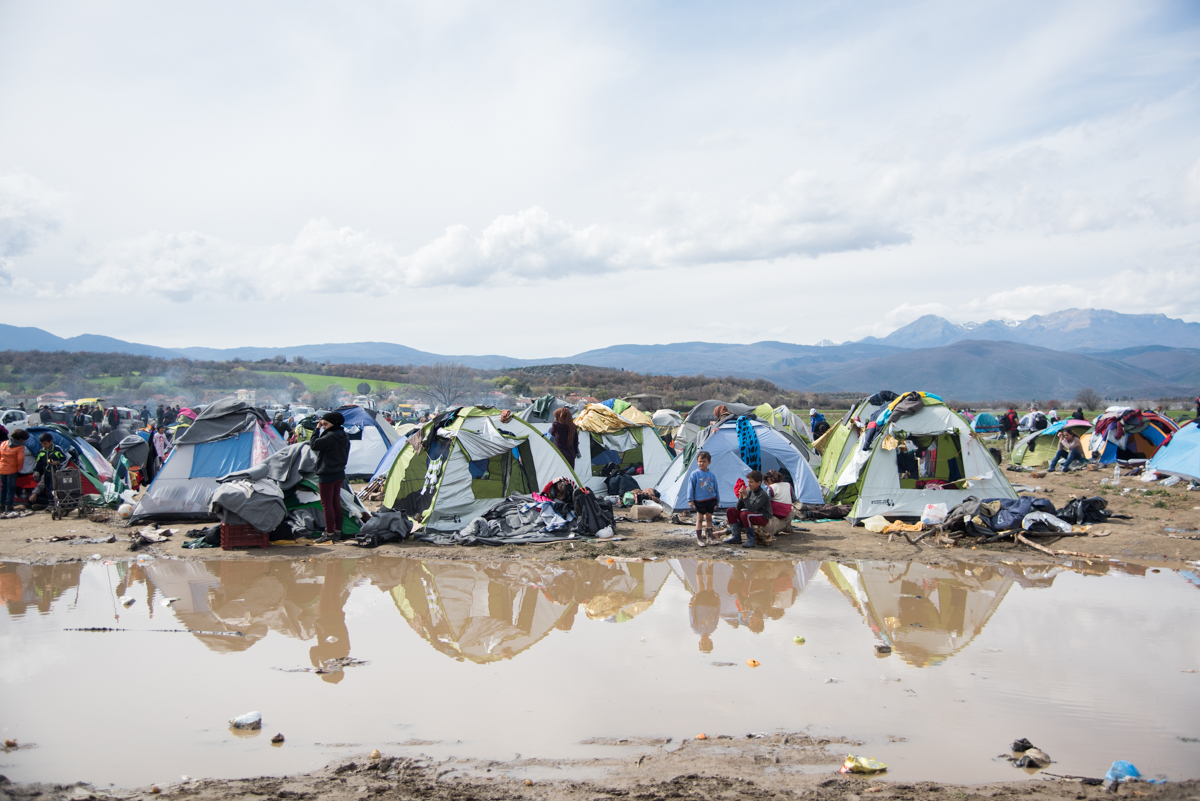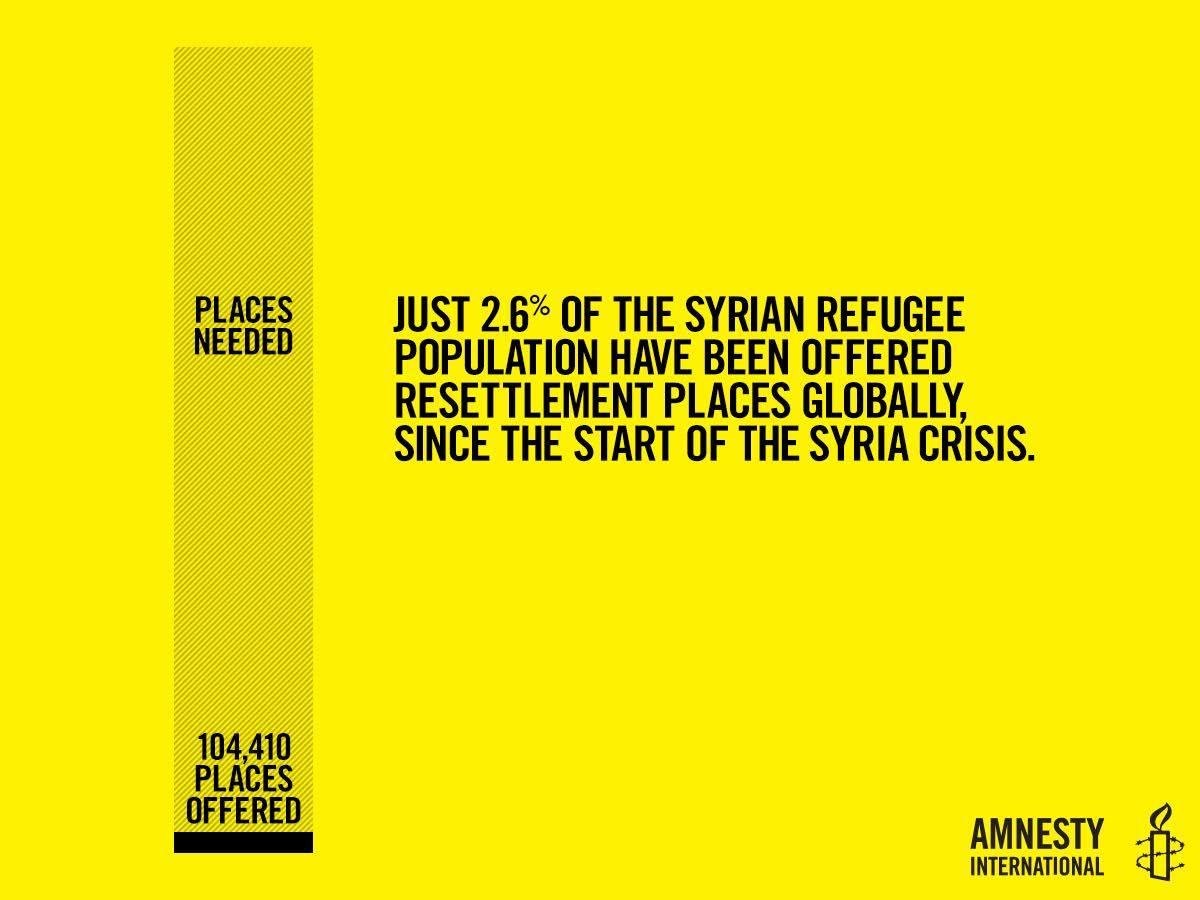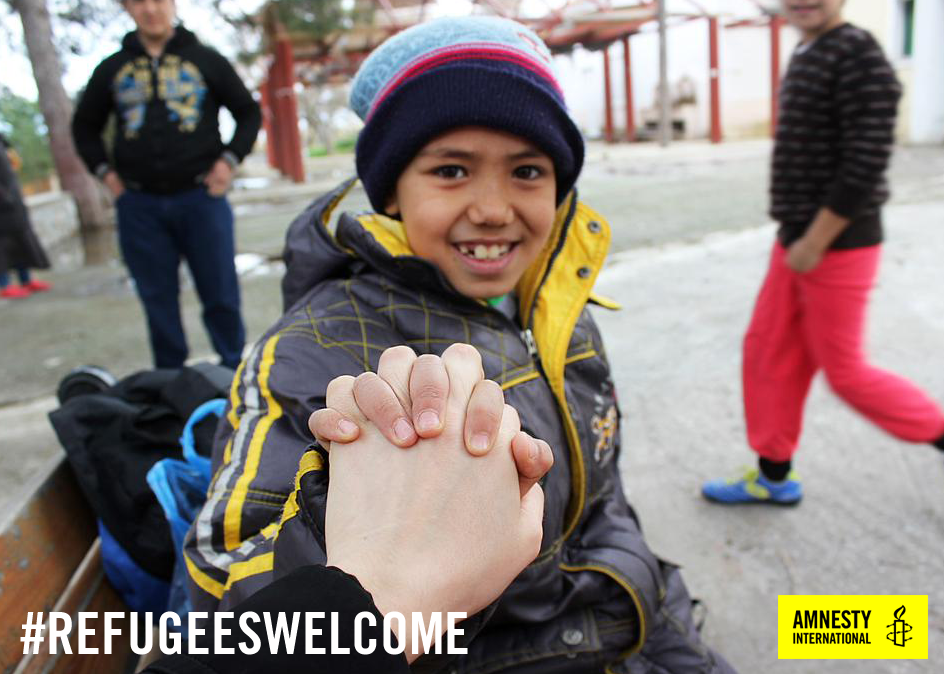
(c) US DoD
Yesterday the Council of the European Union, made up of ministers from all 27 EU countries, agreed to allow former Guantanamo inmates cleared for release to settle in those countries prepared to take them.
The EU ministers made this decision despite the fact that, once inmates are resettled in the EU, they will able to move from country to country relatively freely.
27 European states, all with good reason to be concerned about the terrorist threat posed Al Qaeda, are prepared to take this step to help America out of a jam of entirely its own making.
Yet, not one U.S. State is prepared to do the same. Not one U.S. state has shown the strength of character of tiny Luxemburg, Ireland or Portugal. I wonder if you feel as ashamed of our elected officials as I do.
And what kind of message does this send to Al Qaeda? It tells Osama bin Laden and Ayman Al Zawahiri that Americans are so frightened that they have abandoned the most fundamental principle of American justice: that an individual is innocent until proven guilty in a court of law.
And we are even more scared of those inmates that might actually have done something. So scared, that we are apparently unwilling even to risk holding Al Qaeda members in our maximum security jails – no strangers, surely, to violent men.
Indeed, we seem to forget that our prisons already hold such Al Qaeda affiliated terrorists as the World Trade Center bomber Ramzi Yousef (who also happens to be Khalid Sheikh Mohammed’s nephew), the failed millennium bomber Ahmed Ressam and the aspirant 9/11 hijacker Zacarias Moussaoui. All men, we should also note, successfully convicted in the federal courts.
Talk about giving succor to the enemy. This timidity must surely come as a welcome boost to Al Qaeda’s flagging morale and it stands in stark contrast to the courage shown by our men and women in uniform.
The Harvard terrorism expert and former Deputy Attorney General Philip Heymann has written that a little terrorism goes a long way. Terror is a psychological weapon that relies on the victim to magnify its power.
Embracing the politics of fear plays into Osama bin Laden’s hands. It spreads a message Al Qaeda wants spread. This message is best countered by demonstrating to Al Qaeda and its supporters that they cannot subvert our values or our way of life.
Right now, we can do that best by finally doing the right thing on Guantanamo and making sure that those inmates cleared of posing any threat are found new homes, either in Europe or on American soil. We cannot expect our allies to take this step alone.



 Last October, Arizona executed Jeffrey Landrigan using sodium thiopental imported from England. Other states also acquired this drug from the UK – but many of them (but not Arizona) have since had their supply
Last October, Arizona executed Jeffrey Landrigan using sodium thiopental imported from England. Other states also acquired this drug from the UK – but many of them (but not Arizona) have since had their supply 
 Recently negotiation talks were mediated by the Costa Rican president and Nobel Peace prize winner Oscar Arias, who proposed a six-point plan that first and foremost
Recently negotiation talks were mediated by the Costa Rican president and Nobel Peace prize winner Oscar Arias, who proposed a six-point plan that first and foremost 